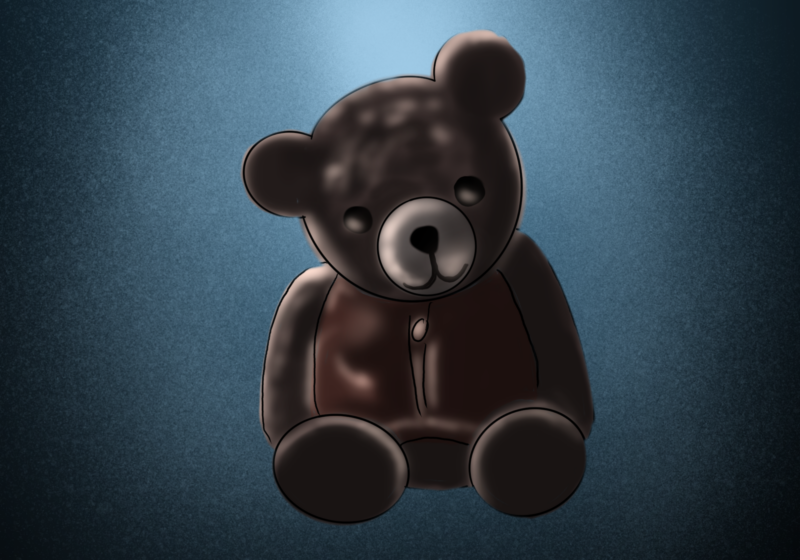The only cop show I still feel totally comfortable watching is “The Wire.”
I will say that I find “Brooklyn Nine-Nine” to be hilarious and inclusive entertainment. “Law and Order” has produced over 50 seasons across the franchise for a reason.
Part of that reason I think the latter has been so successful is because it portrays the system as many white people imagine it to be. It doesn’t show perfect people and perfect justice, but the cops are always clearly the good guys, and the people they go after are clearly not. The problem with that is the police are serious and racist, and that the system is more broken than many people care to admit. And while I don’t condemn those who watch metaphorically cancelled copaganda, I no longer enjoy them like I used to.
“The Wire” has somehow only gotten better. It has some of the most complex, deep characters of any TV show ever. The cops are just as likely to be bad people as the drug dealers are, and the drug dealers are usually better people than the politicians. The show also knows my city. I’ve lived in Baltimore most of my life. I grew up about 15 minutes north of where most of the show takes place. The inner city public school featured in season 4 is exactly like the one my sister taught in, and the corruption is a very real problem. Two of our last three mayors were arrested for corruption. And we nearly re-elected the first one when she got out of jail.
I love Baltimore, but you can’t love Baltimore without recognizing the many ways it fails. The writers clearly felt the same way. The cops routinely abuse their power, often with no consequences. When there are consequences, it’s usually for political reasons. The cops only seem to do work so that they’ll get paid and promoted by politicians , who would rather hide crime than reduce it. The drug dealers are callous and ruthless, but the show also acknowledges that most of them never had the chance to be anything else, and many of them would change if they could.
And when it comes to representation, “The Wire” does so well people don’t even notice it. There’sis an openly gay Black man who robs drug dealers for a living. He’s one of the most dangerous characters on the show, not a stereotype of his sexuality. There’s also a detective who happens to be a lesbian. . Both of their relationships feel real and personal rather than a token or fetish. They feel like two people in relationships with people of the same sex, not two boxes checked off in the LGBTQ+ acronym..
The third gay character is Major Rawls, who some fans might not realize is gay. His sexuality is only addressed in one short scene, where he is in the background hanging out at a gay bar. Why? He’s important as the asshole police major, not the gay character. He’s at the gay bar not to demonstrate that there’s a gay character, but because sometimes gay guys go to gay bars.. The show demonstrates the differences between people of different genders, races, socioeconomic classes, ethnicities, and sexual orientations without reducing any to a simple stereotype or using one character to stand in for an entire group.
“The Wire” does what every show wishes it could. It lays bare all the problems of the system in Baltimore, while simultaneously showing that many of the people in that system are fighting it, or have no choice but to be a part of it, or are simply flawed people, whom we like despite their participation in the system. And as an added bonus, the cast and characters are reflective of the diversity of the city.
The show has stayed incredible because it tells the truth. The BCPD are racist, the drug dealers are violent, and pretty much every public office has corruption in it. But that’s how Baltimore really is. A messed up city with a lot of good people who don’t have the luxury of acting that way all the time. But we still love our city, flaws and all.





